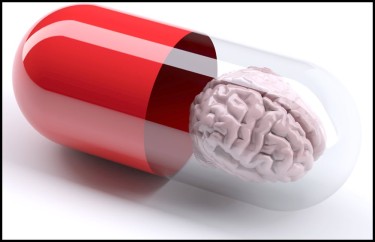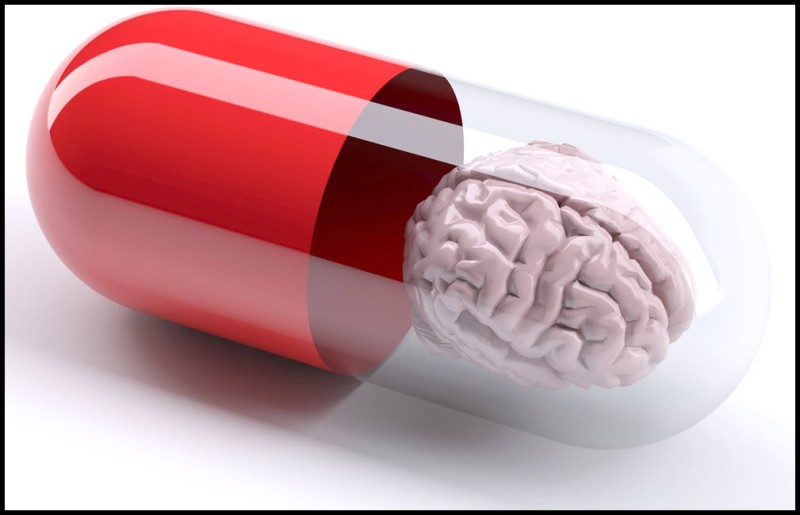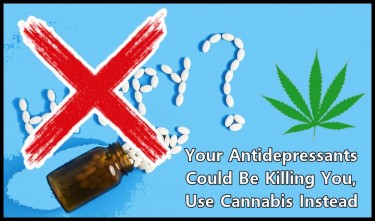
Emotional blunting, also referred to as numbness, is common among people who medicate with antidepressants.
When this occurs, one can neither feel happy nor sad. You simply feel numb, unable to cry or laugh when the situation calls for it and you may even feel less empathy for others. It can also significantly decrease your motivation as well as your enjoyment when you do things that used to bring you joy. That is the double-edged sword that comes with taking antidepressants, on top of all the side effects that each medicine can already bring about.
A new study analyzed the effects of Lexapro, a selective serotonin reuptake inhibitor. Lexapro is a common antidepressant, acting on the serotonin levels which we know as reuptake sites. It inhibits serotonin recycling in these parts of the brain which allows us to retain more serotonin so that symptoms of depression are reduced. For most people, it takes medicating with Lexapro and other SSRI’s for around 4 weeks for its full effects to be felt.
However, is it worth the emotional numbing that comes with it?
A report finds that around 40-60% of the population who consume SSRI’s experience emotional blunting. They also find that things are no longer as pleasurable, though it’s not clear if this is an effect of depression or the drug. One of the latest studies on the topic, which was published in the Neuropsychopharmacology journal, was conducted by researchers at the University of Cambridge, led by Prof. Barbara Sahakian. She discloses to The Guardian: “In a way, this may be in part how they work. They take away some of the emotional pain that people who experience depression feel, but unfortunately it seems that they also take away some of the enjoyment,” she says about emotional blunting.
For the study, 66 volunteers were tasked to take either escitalopram (generic name of Lexapro), or a placebo, for a period of 21 days. After that, they were asked to do a series of cognitive tests which measured their memory and attention as well as other functions. According to Sahakian, escitalopram didn’t make a difference in the test results. “The drug isn’t doing anything negative to cognition – from that point of view it’s very good,” she says.
On the other hand, the study participants who were taking SSRIs were also found to be less responsive when exposed to reinforcement learning, since they were asked to respond to positive or negative stimulus. They were shown two screens, one of which would give a reward 4 out of 5 times while the other screen would only give a reward once in 5 times. They eventually learned to choose the positive reinforcement screen but the probabilities were changed up so the participants didn’t know what to expect with the new rulings.
In addition, the volunteers who took SSRIs reported that they experienced more difficulties reaching orgasm during intercourse. This is a well-known side effect of SSRIs.
According to experts, the emotional blunting that SSRI medications causes is also related to dose, as well as its effects on the prefrontal cortex and frontal lobes. Patients have the option of lowering SSRI doses or changing their medications as needed.
Is Cannabis A Better Substitute For Depression?
Cannabis has two primary cannabinoids: psychoactive THC (tetrahydrocannabinol) and relaxing CBD (cannabidiol). The human body has endocannabinoid receptors found all throughout, especially in the brain, which these cannabinoids bind to and help treat a multitude of mental health disorders.
Countless people have had success medicating with marijuana for depression as well as anxiety.
In a 2022 study of more than 7,000 adults with diagnosed with depression and anxiety, researchers found that marijuana use was associated with improvements in symptoms of depression and anxiety. Even better, the effects of cannabis were long term: the improvements were observed 12 and 18 months after treatment.
“To our knowledge, this study is the largest completed to date examining the impact of medical cannabis use on anxiety and depression outcomes utilizing longitudinal data and validated questionnaires,” they wrote. “It provides evidence on the effectiveness of medical cannabis as treatment for anxiety and depression that otherwise is not currently available, demonstrating that patients who seek treatment with medical cannabis for anxiety and depression can experience clinically significant improvements,” they wrote.
“This study offers reasonable justification for the completion of large clinical trials to further the understanding of medical cannabis as a treatment for anxiety and depression,” concluded the authors.
Meanwhile, another study found that long-term consumption of CBD cannabis also helps patients struggling with depression, anxiety, and pain. Canadian researchers analyzed the impact of CBD products on 279 subjects over the course of 6 months. Patients who had severe symptoms appeared to benefit the most.
“This study on CBD-rich products demonstrates the potential of RWE (real-world evidence) for the advancement of medical cannabis research and practice guidelines, especially in a world where CBD use is exponentially increasing but scientific data are limited,” they wrote.
“It revealed that CBD-rich treatments have a beneficial impact on patients with self-reported moderate or severe symptoms of pain, anxiety, or depression and overall wellbeing but not in patients with mild symptoms,” write the authors.
Conclusion
There is definitely promising evidence that marijuana can help with depression. It may require some trial and error with various THC and CBD products until you find exactly what works for you. Nonetheless, it’s a much safer alternative that won’t numb your emotions yet it works so well for many people. There are no side effects to worry about, but if you are already taking existing medications, do talk to your healthcare provider about integrating cannabis into your wellness routine.







